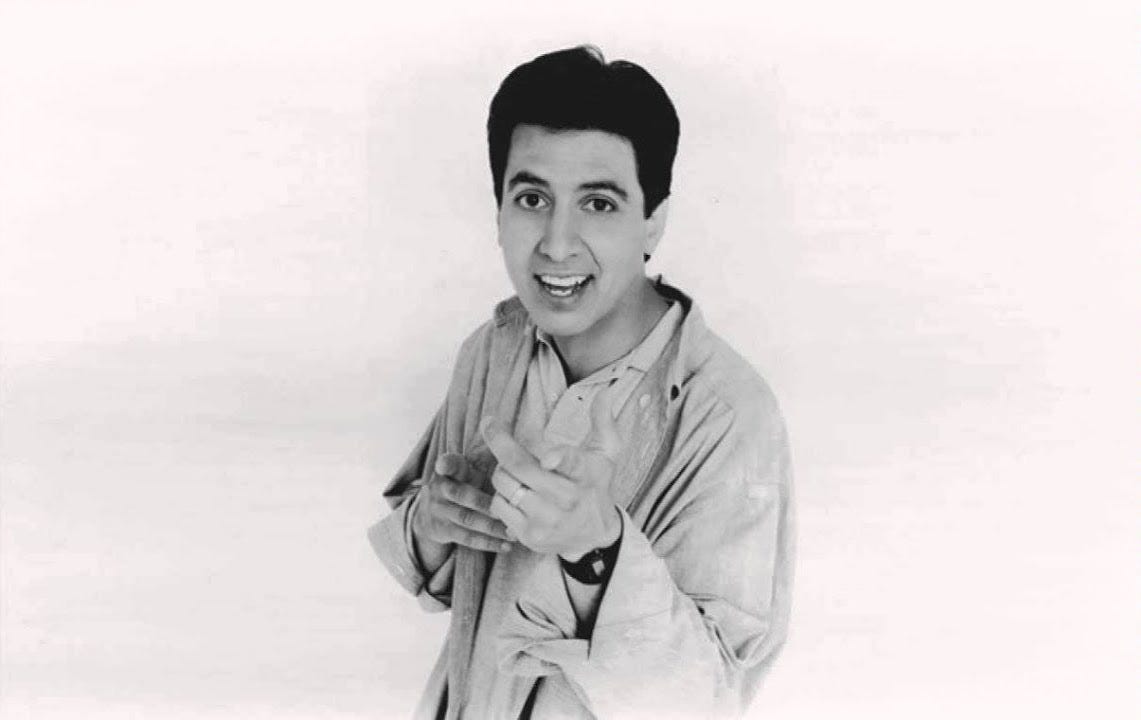Finding your signature move
The advice that transformed the careers of countless comedians: "There is no gold at the end of somebody else's rainbow" (Stew's Letter #92)
This Thursday, I’m going to The Comedy Cellar in NYC for the first time.
This has been at the top of my bucket list since last year when I interviewed The Comedy Cellar’s founder Bill Grundfest.
Bill discovered and advised Jon Stewart, Bill Maher, Ray Romano, and countless other famous comedians early on in their careers.
When we spoke last year, he blew my mind with how he guided them early on to find their “signature move.”
Here’s the incredible real story of how Bill helped a generation of comedic talent find themselves.
First, the backstory…
In the ‘80s, every comedy club in NYC treated comedians horribly. They barely paid them. They made them order food off a separate, cheaper menu. They’d let in drunk hecklers to every show. One of these underpaid, exhausted comics was Bill Grundfest.
Bill thought the whole thing was corrupt. These clubs were building their businesses off the backs of these comedians. He decided he’d start a new comedy club that treated comics with respect. There was just one problem: he was completely broke.
So he did something genius. He found a restaurant in Greenwich Village that had a basement and made a pitch to the owner: Let me start a comedy club in your basement. I’ll keep the cover charge, you keep the food and drink sales. The owner said yes.
With that, The Comedy Cellar was born.
Bill paid comedians well. He let them order anything on the menu they wanted. He set up a VIP table for them. He even vetted audience members and wouldn’t allow in drunk idiots. Soon, every comic in NYC wanted to perform there.
Bill was now at the center of the NYC comedy scene. He was still doing some standup himself, but he started to realize that his real superpower was identifying talent. He began advising the comics that he thought were great.
Jon Stewart was one of them.
Jon was a bartender at a Mexican restaurant down the street who came in to perform one night. He completely tanked, but Bill saw potential. He told Jon to come back the next night and to hold the mic instead of keeping it on the stand. He needed to loosen up.
Bill was convinced that Jon was so sharp and likable that people would love him for him. Plain and simple. Bill told Jon: “You are not the vehicle for your material, your material is the vehicle for you.”
Here’s the impact Jon said that had on his career:
I went on for two years at the Comedy Cellar at 2:30 or 3 a.m. as the last guy. It was me and the waitstaff and a table of drunken Dutch sailors. And in that place, I learned how to be myself. It was the thing that made me want to be good.
You begin to develop an internal barometer that doesn't include the audience. And that was a really big thing to learn: not to fall in love with the audience.
Another comedian Bill spotted early on was Bill Maher.
At the time, most political “jokes” were a series of political opinions with a half-baked punchline slapped onto the end. But Bill realized that Maher was different: His observations were hilarious. He saw things other people couldn’t see.
Maher still didn’t realize that was his superpower yet, so he took a job hosting a new late-night talk show called Nightshift. Two months in, he was fired and replaced. Bill told him: “You got fired because tons of other comedians can do that job. You were replaceable.”
That conversation planted the seed for Maher’s first show, Politically Incorrect. Politically Incorrect revolved entirely around Maher's superpower: merciless, unique political observations. After 3 years, it became Comedy Central’s highest-rated series. The rest is history.
One more: Ray Romano.
Ray performed a ton at The Comedy Cellar. He found some early success as a standup comic but eventually plateaued. He became stuck as a semi-successful comic without much room to grow. But Bill knew he could get way bigger.
Like Jon Stewart, Ray was super likable – but in a different way. He was a blue-collar family man, a loyal husband, a good father. Bill met with Ray and told him: “Get rid of any material that doesn’t support the idea that you are a standup husband and dad.”
Ray and his manager took the advice. Ray doubled down on the family man image and played into it every chance he got. The result is TV sitcom history... CBS noticed and picked him up for what became Everybody Loves Raymond, a show centered on him as the supreme family man.
One theme in all of Bill’s advice was to deeply and consciously know and trust what makes you different.
Bill signed off our call with this line:
“You have to find your own rainbow to follow. There is no gold at the end of somebody else’s rainbow.”
Other Stew’s Letter things:
Fire TikTok: Why there are no British remakes of American shows.
Rice Mountain Update: A couple of trade offers came in this week, but I’m holding out for confirmation on a few bigger offers. I’ve also been working with Salim (Sound’s CEO) to swap out the waters for their new product line – more to follow next week!
Thing I’m thinking about: If you do cool shit, you’ll meet cool people.
Substack: I’ve moved from ConvertKit to Substack. Let me know what you think of the new format!
Until next week,
Stew







